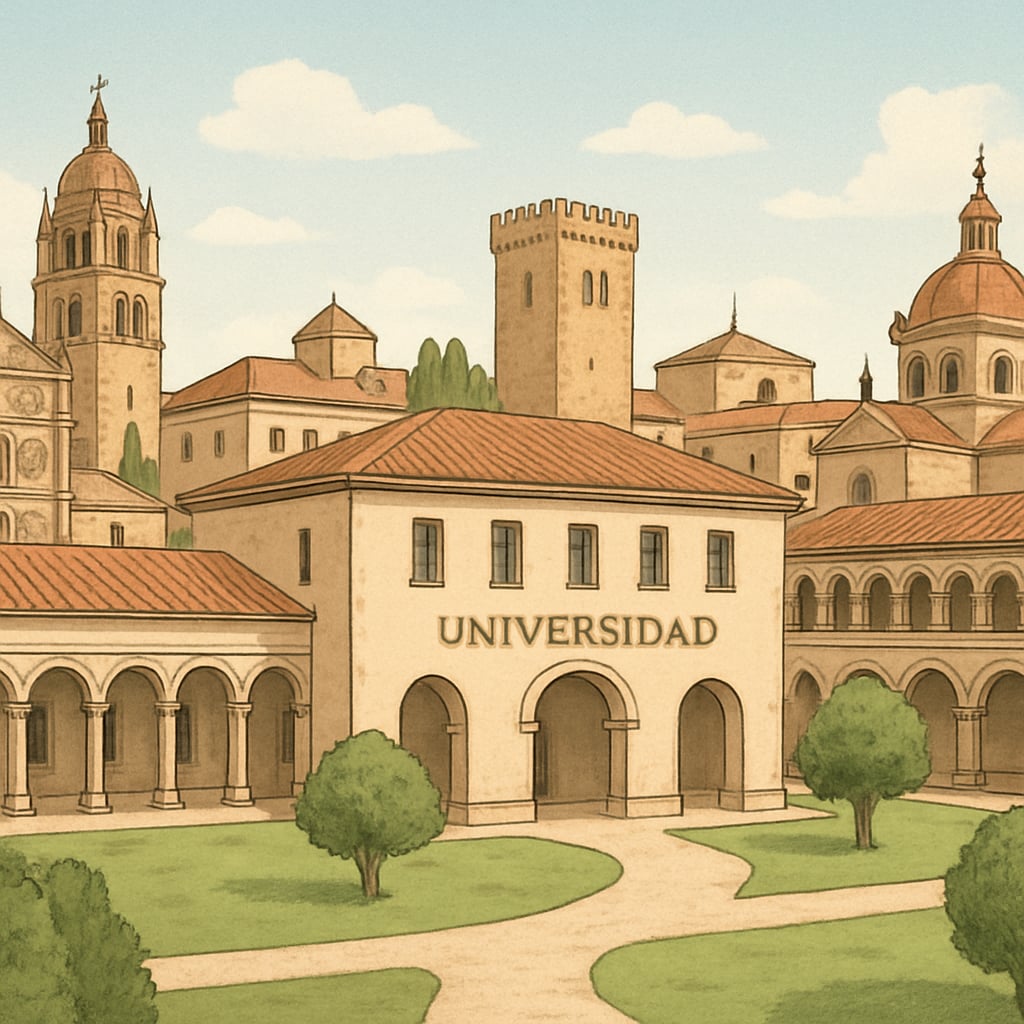Studying abroad offers life-changing experiences, and pursuing a master’s degree in Spain presents intriguing possibilities. From its renowned educational institutions to its rich cultural heritage, Spain is increasingly popular among international students. This article explores the feasibility of pursuing a master’s degree in Spain, integrating into its vibrant society, and leveraging these opportunities for long-term relocation.

Why Choose Spain for Higher Education?
Spain boasts a diverse range of master’s programs offered by prestigious universities such as the University of Barcelona and Complutense University of Madrid. These programs are designed to cater to both local and international students, offering courses in English and Spanish. In addition, tuition costs are relatively affordable compared to other European countries, making Spain an attractive destination for higher education.
- Affordable tuition fees and living costs.
- Opportunities to learn or improve Spanish language skills.
- Access to European Union networks and job markets.
Furthermore, Spain’s education system emphasizes practical learning and industry connections, which can be beneficial for career development. For example, programs in fields like business, engineering, and tourism often include internships that provide real-world experience.
Adapting to Spanish Culture and Society
Integrating into Spanish society requires a proactive approach. While Spain is known for its welcoming attitude toward foreigners, understanding its culture, language, and traditions is essential for a smooth transition. Social integration can be enhanced by participating in local events, joining student organizations, and exploring the country’s famous festivals such as La Tomatina and Feria de Abril.
Learning Spanish is also a critical step. Although many master’s programs are taught in English, proficiency in Spanish opens doors to better job opportunities and deeper cultural immersion. Local language schools and online platforms like Duolingo can help you get started.

Relocation Opportunities After Graduation
One of the primary advantages of studying in Spain is the potential for long-term relocation. Upon completing a master’s degree, graduates often qualify for extended visas that allow them to search for employment within Spain. Many industries, including tourism, technology, and renewable energy, are thriving and offer opportunities for skilled international professionals.
In addition, Spain’s Golden Visa program provides residency options for individuals who invest in property or businesses within the country. This can be a viable pathway for those planning to stay permanently. For more information, visit Golden Visa on Wikipedia.
- Post-graduation job search visas for international students.
- Golden Visa program for investors.
- Connections to EU work opportunities.
However, it’s essential to be aware of the challenges, such as navigating Spain’s bureaucracy and understanding labor laws. Seeking advice from immigration consultants or legal experts can simplify the process.
Key Considerations Before Making the Move
While Spain offers remarkable advantages for education and relocation, careful planning is crucial. Consider your financial budget, program selection, and long-term career goals to make an informed decision. Additionally, familiarize yourself with visa requirements and housing options before moving.
As a result, Spain continues to attract students worldwide due to its affordable education, cultural richness, and potential for career advancement. With the right preparation, pursuing a master’s degree in Spain could be your gateway to academic and personal success.
Readability guidance: Use concise paragraphs and lists to summarize key points. Maintain a balance of academic tone and practical advice. Ensure smooth transitions between sections for better readability.


